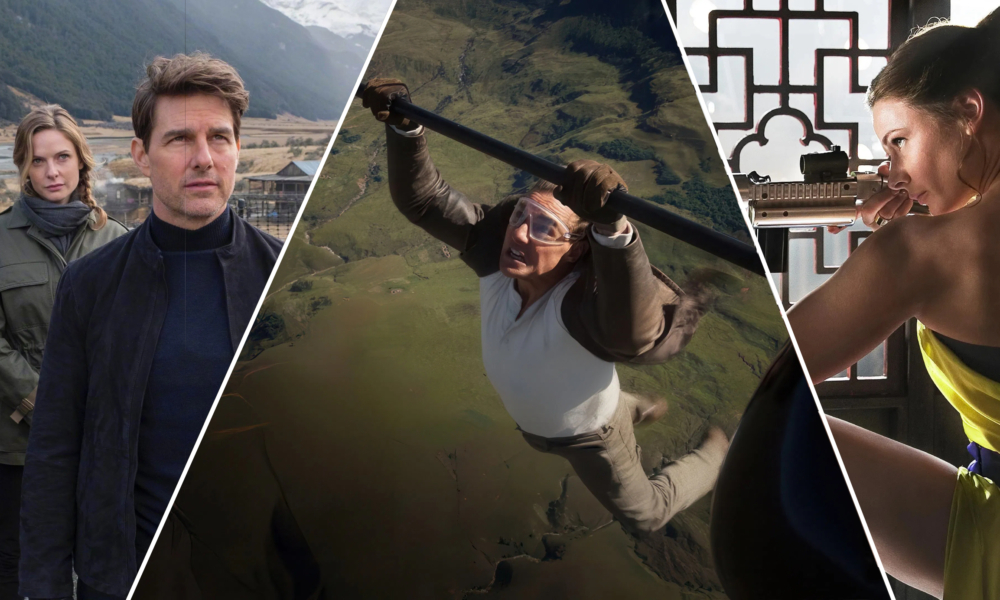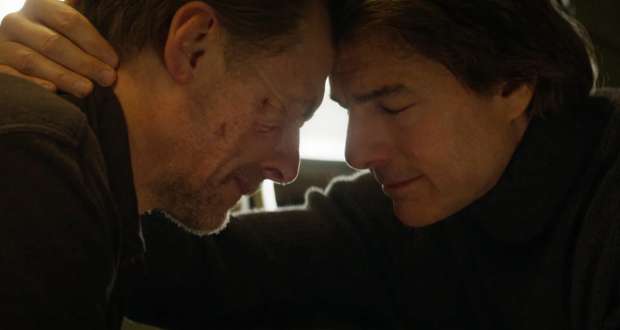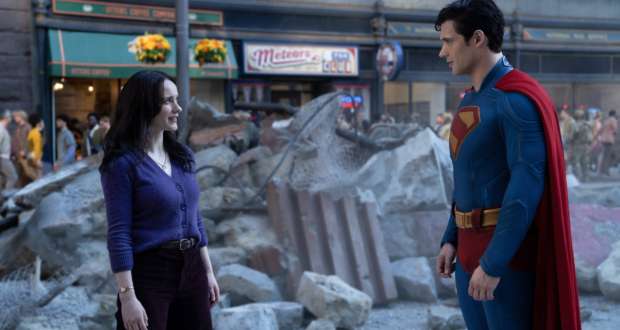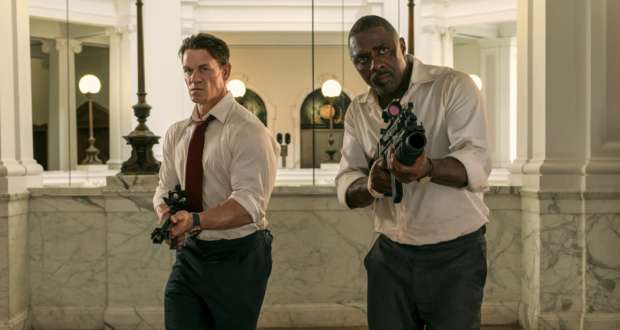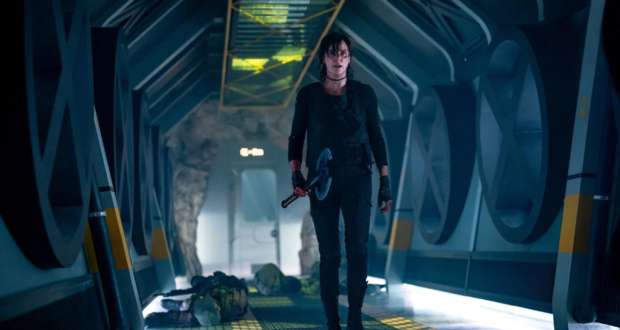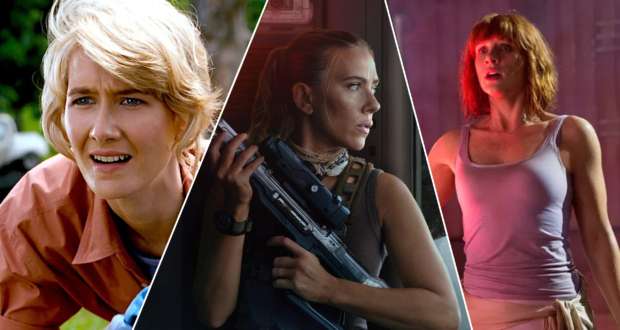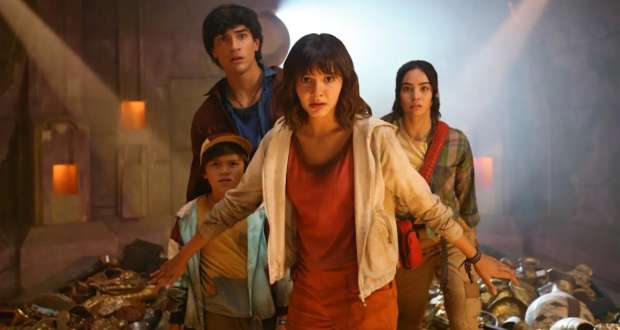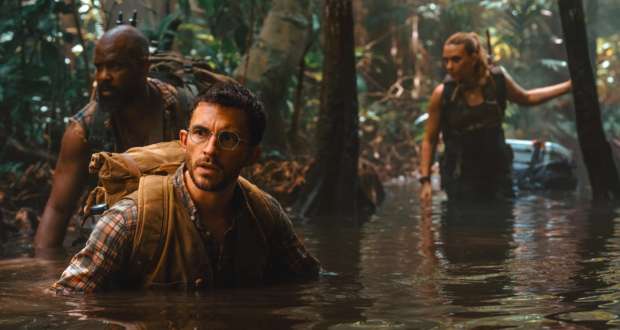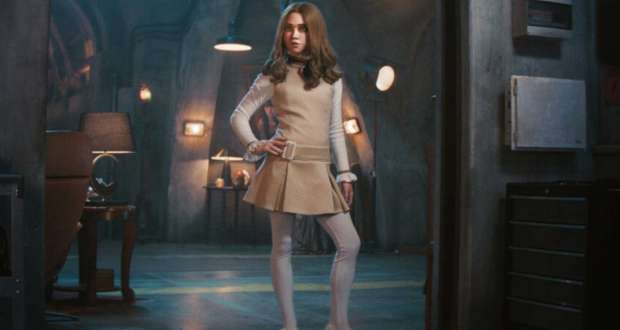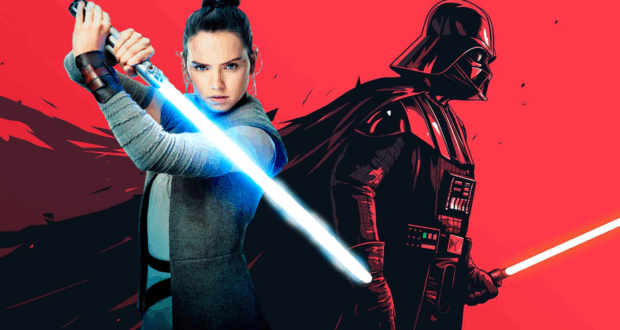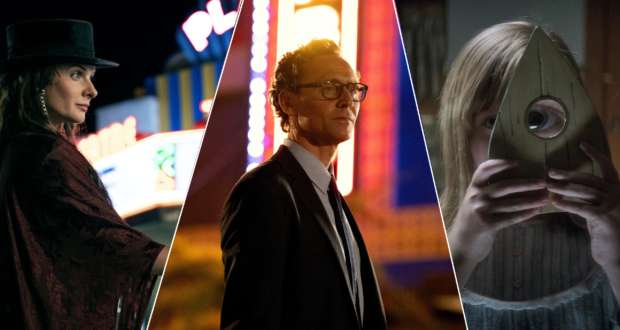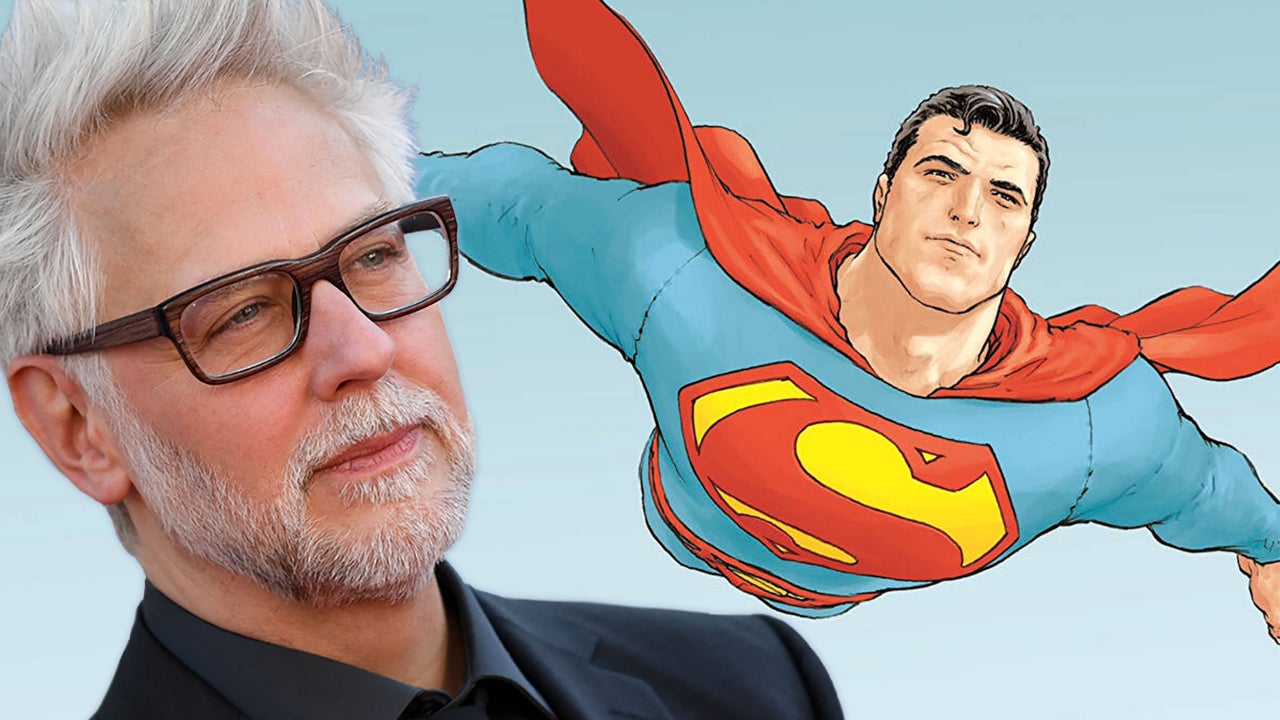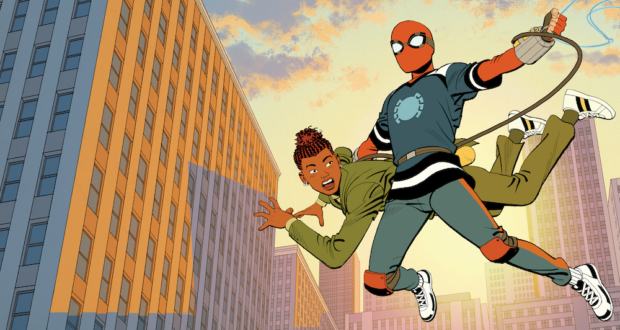Since 1996, Mission: Impossible has become one of Hollywood’s most enduring and adrenaline-fueled action franchises. What began as a sleek, suspense-driven adaptation of the classic TV series has transformed into a globe-trotting spectacle defined by death-defying stunts, labyrinthine plots, and Tom Cruise’s relentless commitment to upping the ante. Across nearly three decades, Ethan Hunt has gone from a rogue IMF agent to a mythic figure willing to sacrifice everything for the greater good — and audiences have followed him every step, fall, and motorcycle leap along the way.
Now, with Mission: Impossible – The Final Reckoning marking the explosive eighth chapter and supposed end of Hunt’s saga, it’s the perfect time to reassess the entire series. Each installment has brought something different to the table, from Brian De Palma’s slick paranoia to Christopher McQuarrie’s polished intensity. But not all missions are created equal. Some thrill, some stumble, and a few redefine what action cinema can be.
8. Mission: Impossible 2 (2000)
John Woo’s Mission: Impossible 2 (2000) trades espionage intrigue for slow-motion spectacle, but the results are far from explosive. Tom Cruise returns as Ethan Hunt, now sporting longer hair and a looser grip on plausibility. The plot—a rogue IMF agent (Dougray Scott) seeking to unleash a deadly virus for profit—feels like a generic Bond knockoff, lacking the sophistication or tension of its predecessor.
Woo’s signature style is everywhere: doves flutter, guns blaze in balletic chaos, and Cruise dives in sunglasses-wearing glory. Yet these flourishes often overwhelm rather than elevate. Action scenes, though occasionally thrilling, feel repetitive and indulgent. The romance between Hunt and Nyah (Thandiwe Newton) is undercooked, relying more on music video aesthetics than genuine chemistry.
